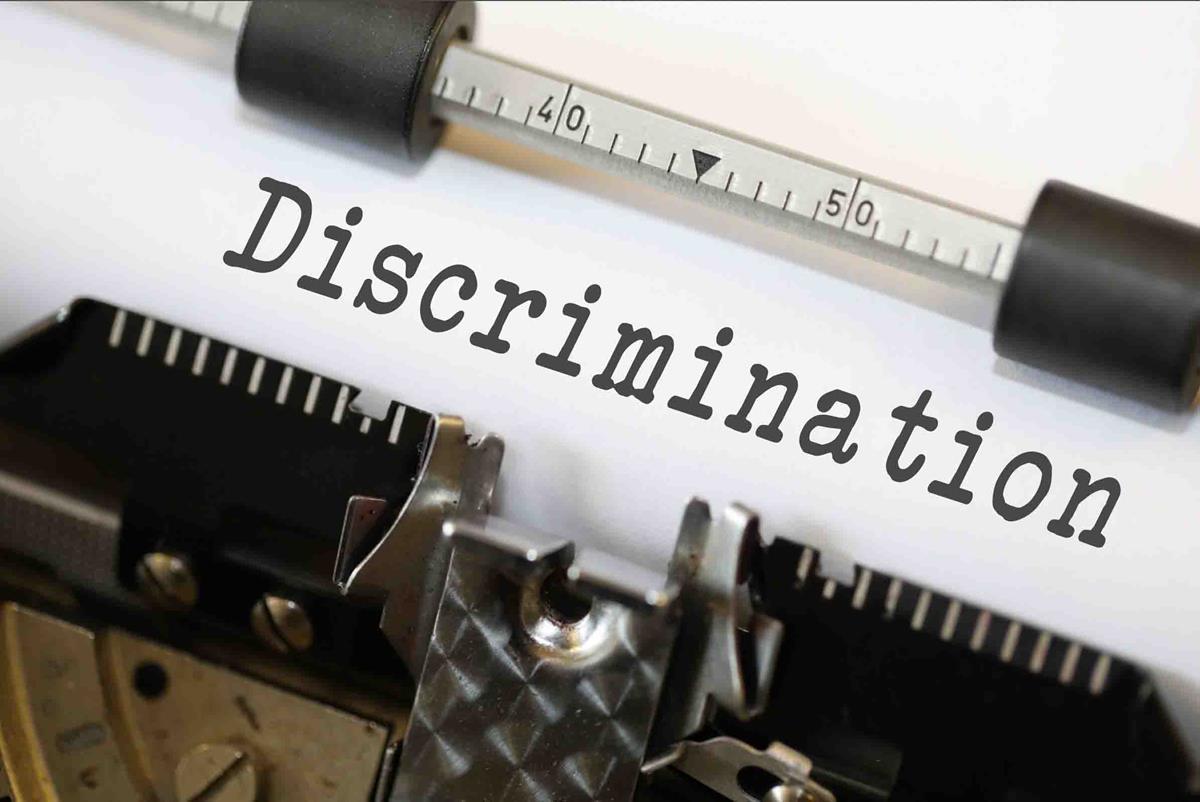PhD candidates and master's students do not report undesirable behaviour

Of the 1864 Utrecht respondents from the international comparative GradSeru study, 342 PhD candidates and 400 master's students filled in the questions about undesirable behaviour. Of these, 63 PhD candidates and 57 master's students have occasionally been discriminated against and / or dealt with intimidation or bullying by colleagues, fellow students or university staff.
The University Council received the correct figures on this theme from the 2017 survey earlier this month. This spring, an incorrect representation was delivered by mistake.
Respondents were able to select several instances in the study. In total, it ultimately involved 256 negative personal experiences. Most of these are related to exclusion from research or work groups (18 percent) and to intimidation or aggression due to nationality (also 18 percent). But there are also students and PhD candidates who experienced problems because of their race (14 percent) or gender (13 percent).
It is striking that most students and PhD candidates have not reported their complaints to the University or to a confidential advisor. Only 9 PhD candidates and 10 master students did so. Although a number of investigations into these reports were still ongoing at the time of the study, it is clear that a large number of these students and PhD candidates are not very satisfied with the handling of their report. Four out of ten PhD candidates are dissatisfied or even very dissatisfied.
Point of concern
Although the UU does not think the numbers are that high compared to the total number of respondents, it takes the signals seriously. The low percentage of complaints that are reported and the dissatisfaction with the handling of these reports is a point of concern. It could be a signal that other students and employees are reluctant to share unpleasant experiences as well.
In the past year, all existing regulations on undesirable behaviour were already under scrutiny. Decisions on adjustments and improvements should take place this spring. The UU wants to use that moment to inform students and PhD candidates. This involves, among other things, the possibility to report complaints, for example to the special confidential advisers for undesirable behaviour. Soon, a male confidential adviser will be appointed in addition to the female confidential adviser.
Speeding things up
Nico Naus, council member for PhD candidate group UPP calls the figures alarming. He is therefore pleased with changes to the regulation for undesirable behaviour and the appointment of an additional confidential adviser for undesirable behaviour. Yet he urges the Executive Board to take further steps.
Naus hopes for an awareness campaign in which the improvement of mentoring within graduate schools and increasing social cohesion within the schools will also receive attention. He also sees opportunities to speed up the improvement of the supervision of PhD candidates. “We have seen enough examples of disturbed relationships between supervisor and PhD candidates that led to enormous delays and, in the worst case, the candidate's failure.”
This spring, the UU hopes to give the University Council a comparison of the GradSERU study results with two other universities. The Utrecht results of that research will soon be available to everyone with a SolisID via the university's website. A total of 8041 Utrecht PhD candidates and master's students were contacted.